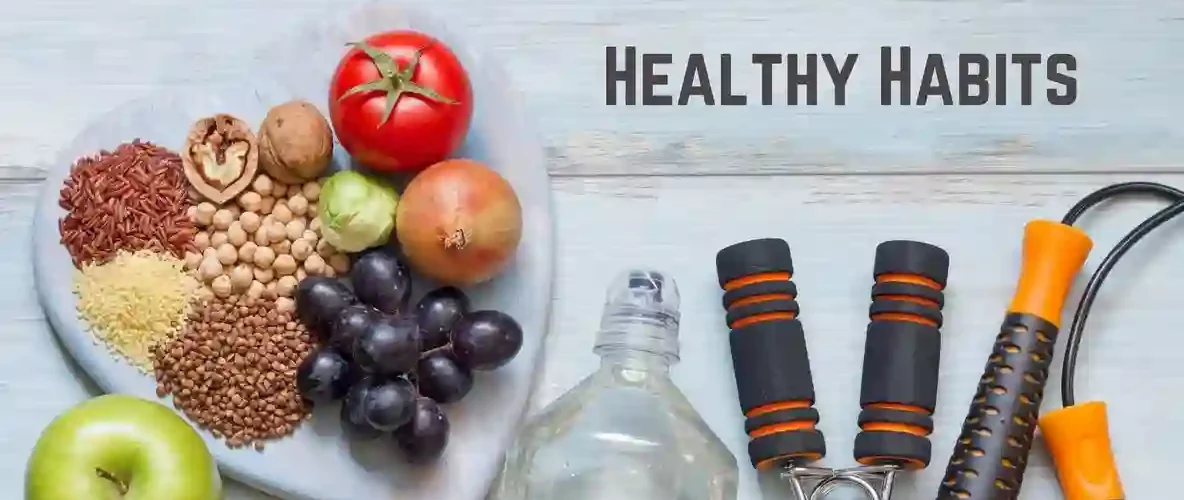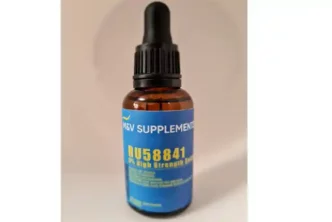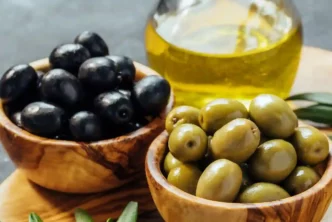When you start eating healthier, it’s easy to become obsessed with micronutrients: vitamins and minerals. They make up a substantial proportion of the Recommended Daily Intake for a reason – they’re essential for health and wellbeing. Knowing your vitamins and minerals is important, especially when switching to a more wholesome diet. It is common to see articles on the internet with lists of micronutrients that are found in different foods. But if we are talking about boosting their absorption in your diet, what other factors do we need to take into consideration? The answer is not just the vitamins or minerals themselves but also the way you eat them. Eating habits can have a significant influence on how much of certain nutrients your body absorbs from food. If you want to boost their intake while still following a healthy diet, follow these tips:
Don’t forget to chew!
You might not have heard that chewing is important for nutrient absorption, but it is. That’s because chewing breaks your food down into smaller pieces so that it’s easier for your digestive system to process and extract nutrients. When you eat, you don’t just swallow calories, you also swallow lots of other stuff that is found in your food. One of the most important things to pay attention to is your fiber intake. Fiber helps regulate the movement of food through your digestive tract and keeps you regular. It is most easily absorbed in the small intestine, where it is broken down into smaller pieces. This is where chewing is important. The more you chew your food, the more of it you will break down, and the more easily it can be absorbed into your blood systems.
Eat vegetables raw or lightly cooked
Vegetables are a great source of many important vitamins and minerals. But if you eat them cooked, you can’t absorb all the nutrients they offer. Vitamin C is one of the most important micronutrients, and it is found in many vegetables. Vitamin C is water-soluble, which means that it is not stored in the body. Instead, it is quickly excreted out of the body, which is why it is important to consume it frequently. When you cook vegetables, their vitamin C content is significantly reduced. So, if you want to absorb as much of a certain vitamin or mineral as possible, eat them raw or steamed.
Go for protein with every meal
Proteins are a crucial part of a healthy diet. They are necessary for growth, repair, and maintenance of your bodily tissues, including healthy skin and hair. They also play a key role in neurotransmitter production, which is responsible for your mood and energy levels. But protein is not just a good source of amino acids, it is also a potent digestive enzyme that can help you better absorb certain nutrients. It has been shown that certain vitamins and minerals are better absorbed when paired with protein because the protein increases the rate of those vitamins being absorbed by the body. One of the most important micronutrients in your diet is iron, which is necessary for making red blood cells. Red blood cells are responsible for delivering oxygen throughout your body. Iron deficiency is one of the most common nutrient deficiencies, and it is also one of the most dangerous. Consuming enough protein alongside iron-rich foods is a great way to boost iron absorption. Other micronutrients that are better absorbed with the help of protein include calcium and Vitamin A.
Consume healthy fats in your diet
Fats are a necessary source of many micronutrients. They are also a major player in regulating human health, contributing to a healthy nervous system and hormone regulation. The best part is that you don’t have to avoid fat completely to boost the amount of nutrients your body absorbs. In fact, it is recommended that you consume 25-35% of your calories from healthy fats. And the best part is that healthy fats can help you absorb other nutrients in your diet better! For example, healthy fats can help you absorb Vitamin E better, which can reduce the risk of developing certain types of cancers. One thing to keep in mind is that there are different types of fats. While some are healthy, others are not so good for you. Saturated fats are the ones you want to avoid. Examples include butter, lard, and coconut oil. Monounsaturated and polyunsaturated fats, such as avocado, olive oil, and sunflower oil, are the ones you want to go for!
Conclusion
These are three healthy habits that can help you boost the nutrient absorption from your diet. When it comes to diet, it is important to remember that it is not just about what you eat but also how you eat. It is important to chew your food properly and eat protein with every meal to boost the amount of nutrients that your body can absorb. Supplementing with NMN is another highly effective way of getting the right minerals in to support your immune system and significantly slow down the ageing process.





